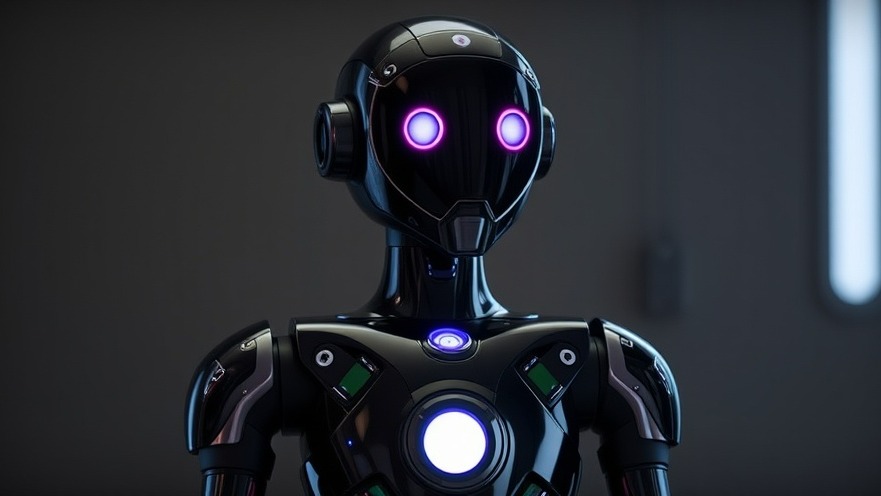
The Dawn of Hybrid Reasoning in AI
Anthropic has unveiled Claude 3.7 Sonnet, marking a significant leap in artificial intelligence capabilities. This model introduces a novel hybrid reasoning architecture that enables users to choose between swift responses and detailed, analytical thinking. Unlike typical AI systems that separate reasoning tasks, Claude’s integrated approach aligns more closely with human thought processes, enhancing the user experience.
Revolutionizing Coding with Claude Code
Alongside its new AI model, Anthropic has also launched Claude Code, an innovative agentic coding tool. This platform allows developers to engage directly with Claude, executing a range of tasks such as code searching, editing, and GitHub management from a command line interface. Initial trials have highlighted a dramatic reduction in task completion times, with complex coding jobs that previously took over 45 minutes now achievable in significantly less time.
Achieving Real-World Relevance
One of the standout features of Claude 3.7 Sonnet is its emphasis on solving practical, real-world challenges instead of traditional competition-style problems. By focusing on tasks that reflect how businesses typically utilize AI, Claude demonstrates superior performance in areas such as advanced coding and financial applications. Early evaluations, including benchmarking against competitors, have confirmed Claude’s leading position in real-world coding tasks.
Improvements in Safety and Reliability
Anthropic has also taken strides in enhancing the safety and dependability of its AI. Claude 3.7 Sonnet has been engineered to discern harmful requests more effectively, resulting in a 45% decrease in unnecessary refusals compared to its predecessors. With robust defenses against potential prompt injection attacks, users can rely on Claude to deliver safe and trustworthy outputs.
Pricing and Accessibility
Claude 3.7 Sonnet is competitively priced, matching the previous model's costs at $3 per million input tokens and $15 for output tokens, making it an accessible choice for developers. Available through various platforms, including Anthropic's API, Amazon Bedrock, and Google Cloud's Vertex AI, the model reaches a wide audience eager to explore its capabilities.
Future Prospects and Implications
The release of Claude 3.7 Sonnet and Claude Code suggests a transformative shift in AI engineering. With the ability to think deeply about problems and operate autonomously, these tools herald a new era where AI can substantially augment human efforts across various sectors. As technology evolves, Anthropic remains dedicated to user feedback, demonstrating its commitment to continuous enhancement of its offerings and ensuring they meet the changing needs of the AI community.
Ultimately, Claude 3.7 Sonnet and Claude Code are not just incremental improvements; they propose a future where AI collaboration becomes an integral part of our workflows, blurring the lines between human creativity and machine intelligence. The questions now revolve around the broader implications of such advancements: How will these technologies shape our interactions with computers, and what roles will they play in the coming digital economy?
 Add Row
Add Row  Add
Add 




 Add Row
Add Row  Add
Add 

Write A Comment